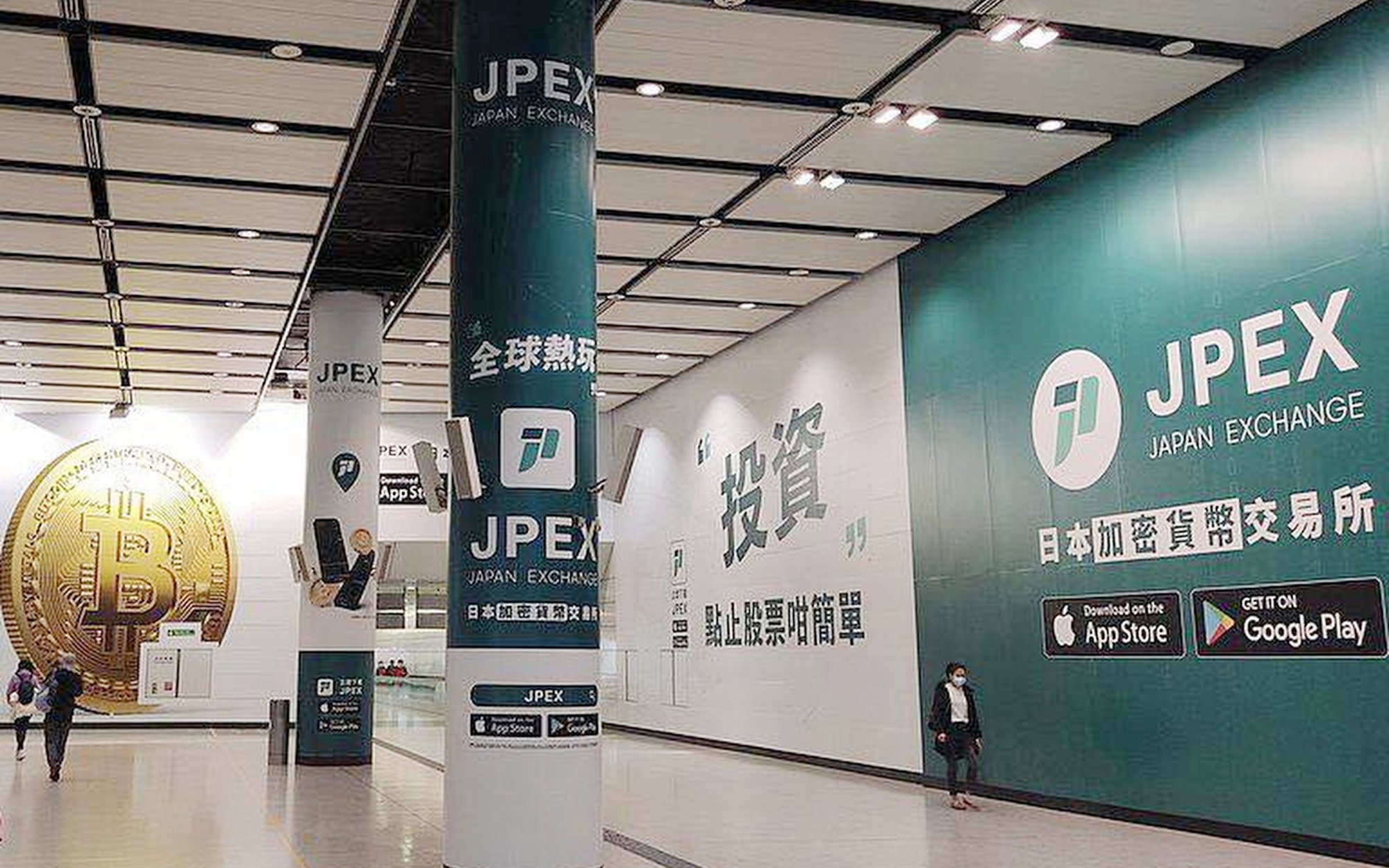
Hong Kong JPEX cryptocurrency scandal: 72 arrested, HK$228 million in assets frozen so far
- Providing update on city’s largest alleged fraud, police chief Raymond Siu also says force has received 2,636 reports regarding case, with about HK$1.6 billion involved
- Separately, security minister Chris Tang says government will expedite legislative amendments to the Fire Safety (Buildings) Ordinance after fatal blaze last week
Emerging as Hong Kong’s biggest case of alleged financial fraud, the JPEX scandal erupted last September after the securities watchdog named the cryptocurrency trading company as an unlicensed platform, accusing it of suspicious activities.
Despite coming under fire, the platform remained defiant and hit users with an exorbitant fee for virtual asset withdrawals.
Police Commissioner Raymond Siu Chak-yee updated the legislature with the force’s latest progress in the investigation on Thursday, saying the number of arrests related to the case had shot up to 72 and about HK$228 million had been frozen.
“The force has received 2,636 reports with regard to the case as of today, and the amount involved is about HK$1.6 billion,” he said.
Among those previously arrested were social media influencers who had appeared in adverts for the trading platform and set up their own over-the-counter shops. They included Chan Wing-yee, Joseph Lam Chok and Sheena Leung.

In his reply to lawmaker Johnny Ng Kit-chong who had been following the issue, Siu also said the force recorded 6,330 investment scams – both offline and online – last year, with more than HK$5.93 billion lost. Among them, 2,342 cases were related to cryptocurrency and involved about HK$3.16 billion.
Separately, the meeting also touched on the government’s proposed amendments to the Fire Safety (Buildings) Ordinance, which came under public scrutiny following the fatal blaze at New Lucky House in Yau Ma Tei.
Authorities are seeking to increase the penalty for non-compliance with fire-safety orders from a maximum of HK$50,000 to HK$200,000.
The amendments also seek further fines for every day the offences continued, ranging from HK$5,000 to HK$20,000.
Hong Kong JPEX cryptocurrency scandal exposes regulatory ‘loopholes’: victims
Security minister Chris Tang Ping-keung said the government would expedite the legislative process by tabling the amendments in the second quarter of this year instead of the fourth following the recent fire.
The blaze at the mixed-use 60-year-old building in Yau Ma Tei filled with guest houses and subdivided flats killed five people and injured 43 last Wednesday.
The fire-stricken block was one of 9,578 buildings that had failed to comply with fire safety notices as of last December. It also had failed to follow a compulsory building inspection order for six years.
Lawmakers at Thursday’s meeting grilled authorities on whether they would consider adding a jail term as one of the penalties for non-compliance with the Fire Safety (Buildings) Ordinance.
Deadly Hong Kong blaze prompts switch of fire safety focus to ‘high-risk’ sites
But Tang said that it would be difficult for the government to consider imprisonment as a punishment for not following fire safety instructions as it would mostly be a collective responsibility, rather than guilt falling on a single person.
“For instance, not fixing the fireproof door, not placing a fire hose, there being obstructions in a passageway – it is very hard to find a personal responsibility here,” he said.
“As it is not a personal responsibility, it is easier to issue a fine. If they can’t find a person who is responsible, how do you determine who goes to jail? This is the difficulty here.”
The security minister also noted that buildings that did not follow fire safety instructions did not mean they were unsafe for residents, but rather they had not reached current standards.

